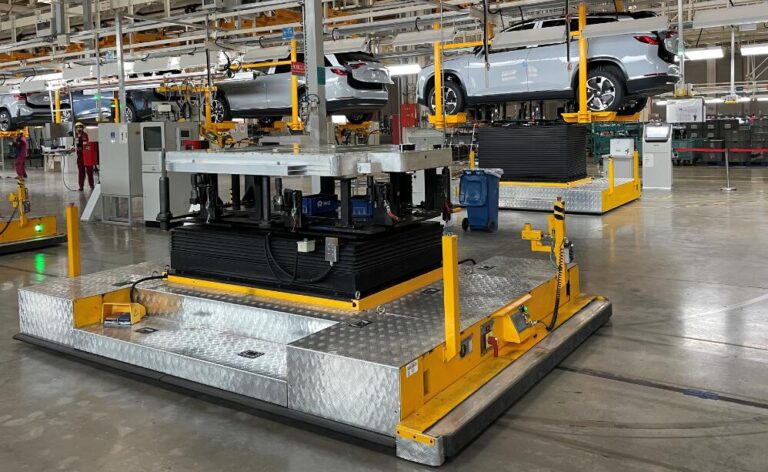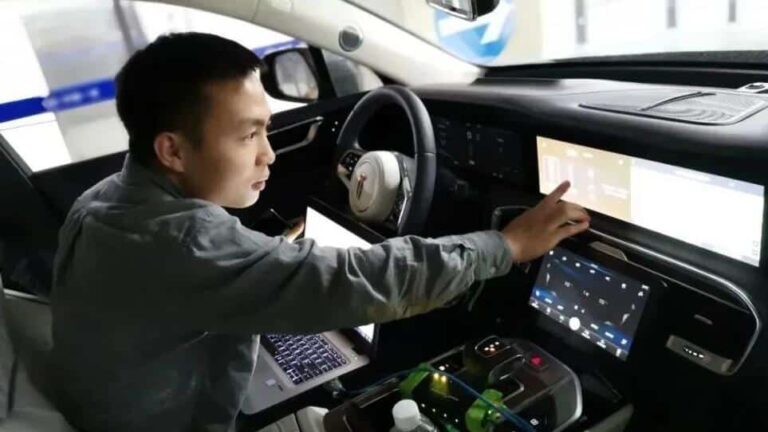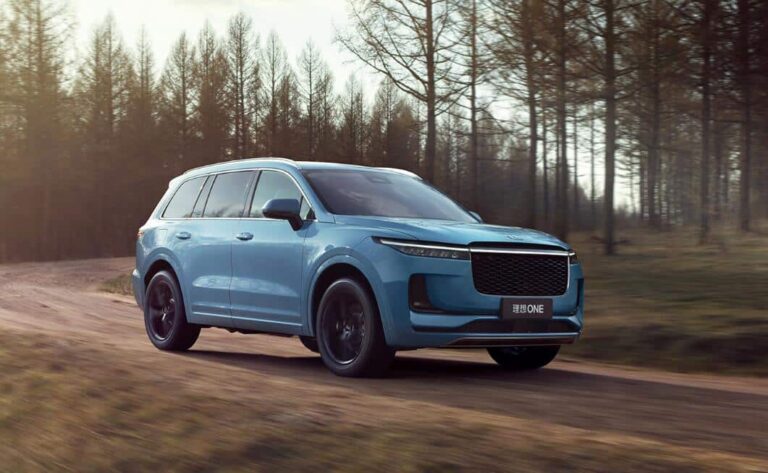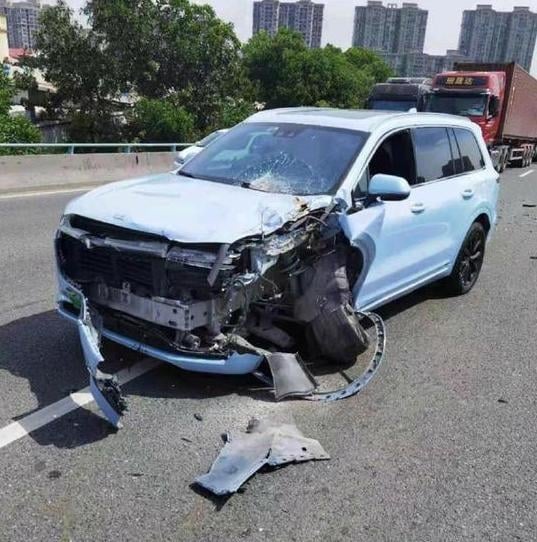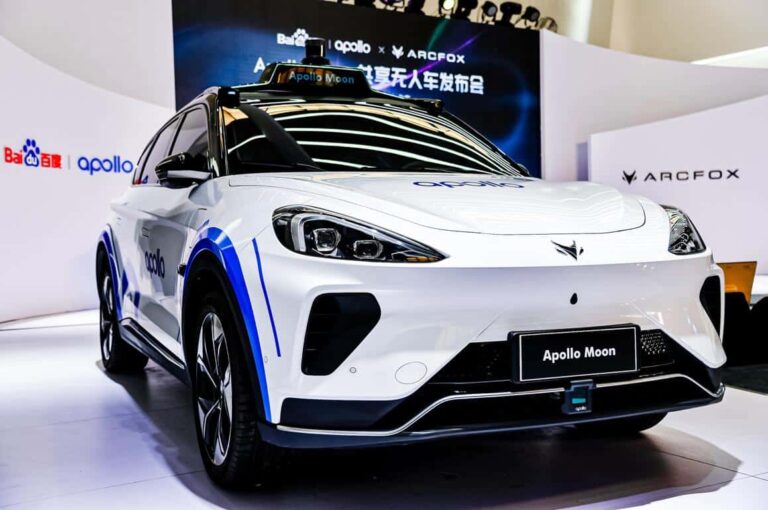"Just In" is a new section of CnEVPost, which aims to present information that we see every day and that you should know too, from the perspective of an observer of the Chinese electric vehicle industry.
We present this content in a summary format, with the latest at the top, and hope you find it useful.
19:55 (GMT+8)
On June 17, Nio and Tesla's battery supplier CATL officially launched the first phase of its power battery base project in Yibin, Sichuan Province, which will serve car companies in southwest China more efficiently.
The project had a total investment of RMB 4.5 billion to build a power battery production line with an annual capacity of 15GWh.
19:05 (GMT+8)
Daily retail sales of passenger cars in China averaged 35,000 units in the second week of June, down 2 percent from a year ago and down 4 percent from the same period in May, according to the China Passenger Car Association (CPCA).
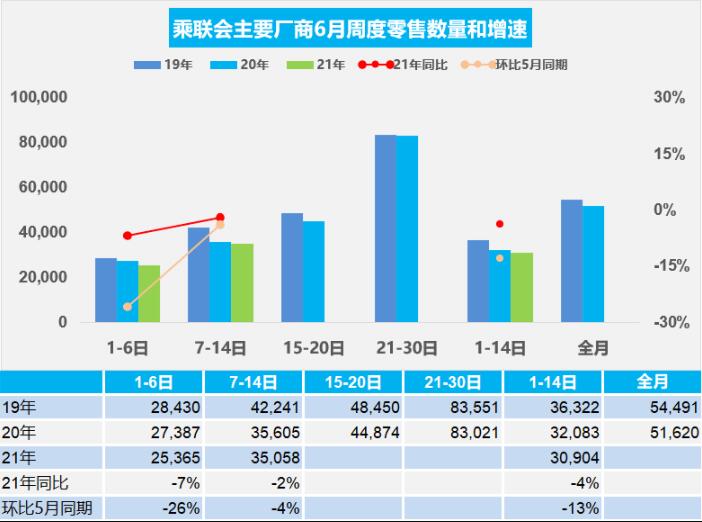
18:30 (GMT+8)
China FAW said the first version of its L4 valet parking system has been released with fully functional software, a crucial milestone on the road to autonomous driving development for FAW Hongqi.
The company claimed the system is the world's first vehicle-side perception-based L4 valet parking system, supporting both commercial parking lots and private parking scenarios.
17:50 (GMT+8)
Li Auto has posted hundreds of positions on its website for jobs in Beijing's Shunyi district, with about 40 of them marked as "urgent.
The most notable of these positions are "Plant Manager of Beijing Manufacturing Base" and "Senior Manager of Beijing Plant Project Management.
15:37 (GMT+8)
By market close on Thursday, BYD shares traded in Shenzhen rose by the daily limit of 10%.
15:27 (GMT+8)
Nio announced Thursday the launch of its battery swap station at the Luoyang service area on China's G30 Lianyungang-Horgos Highway, its first second-generation battery swap station in a highway service area, marking the start of construction of the facility along the expressway.
This is Nio's 260th battery swap station in China and its 11th in Henan Province, central China, and the first along the G30.
14:40 (GMT+8)
FAW Hongqi's new energy vehicle factory will introduce Alibaba Cloud's data technology and intelligent algorithms to enable an intelligent central control system based on automation. The total investment in the plant is RMB 7.6 billion ($120 million) and the first vehicles will roll off the production line at the end of June.
14:12 (GMT+8)
Baoneng New Energy Vehicle Group, a subsidiary of the Baoneng Group, has received support from the Guangzhou government, with a strategic investment of RMB 12 billion from local state-owned enterprises to build a new energy vehicle group with international competitiveness.
The headquarters of Baoneng New Energy Vehicle Group will be located in Guangzhou Development Zone.
14:03 (GMT+8)
Great Wall Motors' 10 millionth engine rolled off the production line on June 17, making it the first Chinese auto brand to break that threshold in engine production.
The company also showcased six new engines with thermal efficiencies of up to 45 percent.
13:49 (GMT+8)
The Li ONE's airbag did not eject in a recent rear-end accident, putting Li Auto in the spotlight. The owner was quoted by the media as saying that the car was traveling at about 40 kilometers per hour at the time of the accident and that he was not injured.
11:58 (GMT+8)
Chinese tech giant Baidu's self-driving unit Apollo and BAIC's electric car brand Arcfox on Thursday unveiled the Apollo Moon, a shared self-driving car, the fifth generation of such products from Apollo.
Apollo Moon costs RMB 480,000 ($75,000) including the vehicle and driverless kit. The vehicle is capable of five years of reliable continuous operation and has a range of 653 kilometers, Apollo said.
